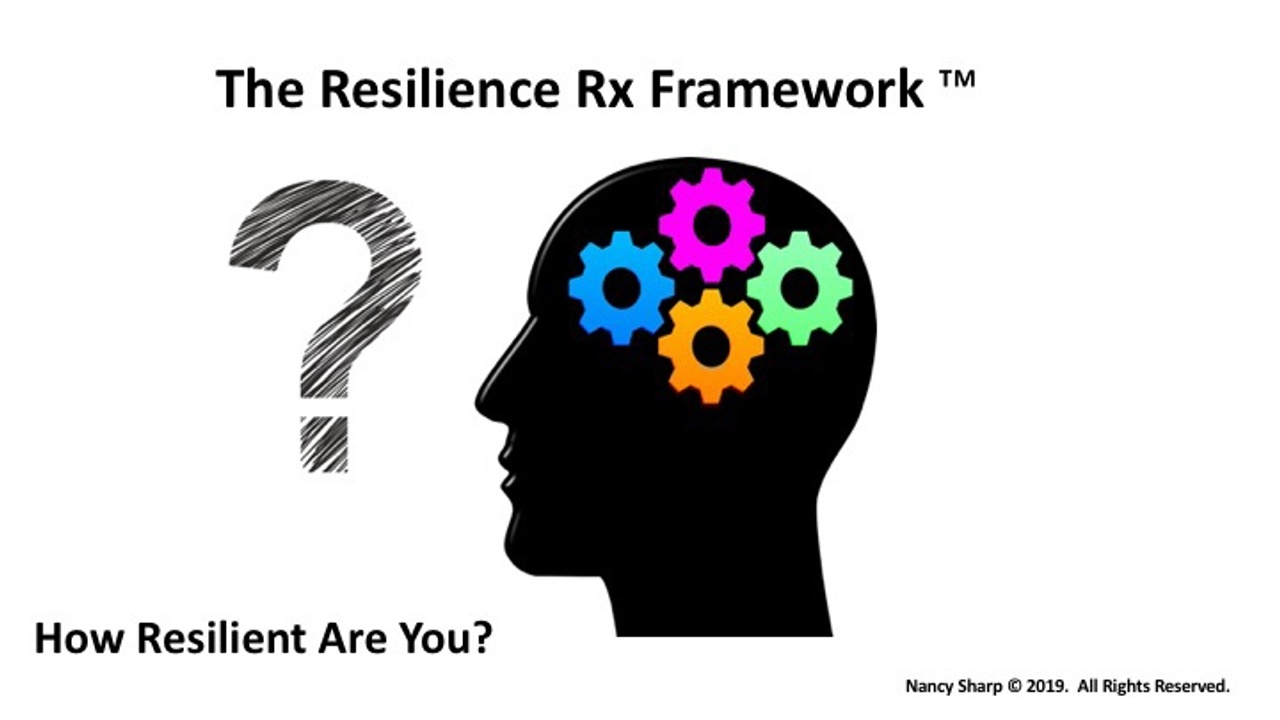Learn to Thrive Amid Disruption

If transitions in leadership, careers, and organizations are inevitable, why do they test our resilience, causing the sturdiest among us to doubt and fear? This is true of any disruptive event, including a personal loss like my own, which, at the time, diminished my confidence, optimism, and ability to meet my goals. Being widowed young with preemie twins and no life insurance just wasn’t the narrative I imagined. One thing only allowed me to move through this experience: I learned to summon the resilience I never knew I had.
While some level of anxiety is perfectly normal amid times of upheaval, be on guard for signs of apathy and stuckness. Here are two questions to reflect upon.
Do challenging events feel disproportionately large or even insurmountable?
Are these challenges impacting other areas of work and life?
It’s important to understand the range of emotions people feel during periods of change, stress, and uncertainty. We're all hard-wired differently, and yet...
Thank you...Challenges

I know what you're thinking. Yeah, right. Who, after all, is grateful for challenges and welcomes adversity?
Some people are luckier than others, that's a fact. But at one point or another, most of us will be felled by a challenge so crippling it hurls us to our knees. A health crisis. A personal loss. A business setback. A moment of clarity when we realize we aren't where we wanted to be. It doesn't take much.
While the challenges themselves feel significant, what matters more is how we respond to such disruptive circumstances. In other words, we needn't be paralyzed. We might feel that way, but feelings aren't facts. And we have more power than we realize at even the hardest moments. We do.
Here are three things you can do to build your resilience when faced with challenges:
1. Think of another time when you were confronted with an obstacle that felt insurmountable. How did you...
Sometimes Resilience Means Enough Words

When was the last time you chose silence over chatter?
Maybe an object of beauty rendered you beyond words, or a silly argument, or even just the nonstop press of life.
A friend shared her own story of resilience and "enough words" during a car ride with her teenage son. From the sound of it, he was being a typical teenager, asking for a pricey getaway to see his favorite team when his parents had just purchased expensive tickets for him to see the team in their hometown. "He acted so ungratefully," my friend said, that I just told him, "I don't know how to respond to you at this moment so I'm just going to be quiet."
That took courage. And the kind of reasoned decision making that is attainable only when we allow ourselves to say, "enough talking." Sometimes we're so quick to react with words that without meaning to, we create full-blown arguments. I'm certainly guilty of this.
Reasoned decision making is one of the four pillars of resilience I teach...

